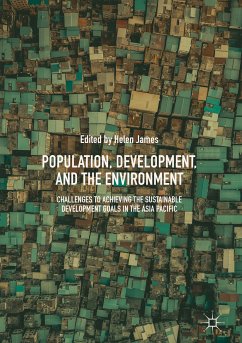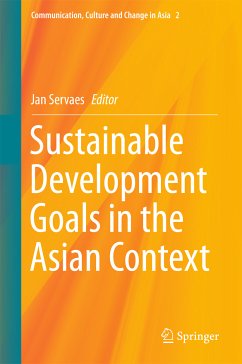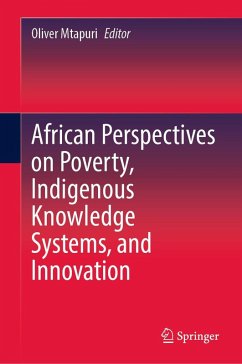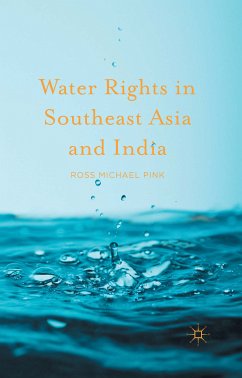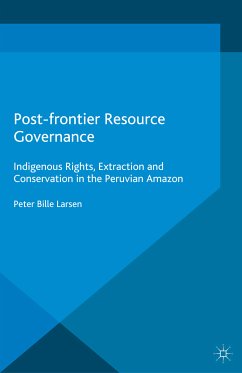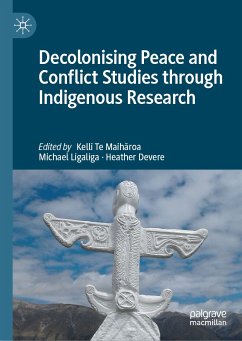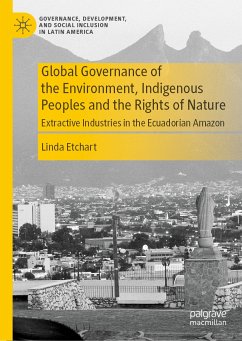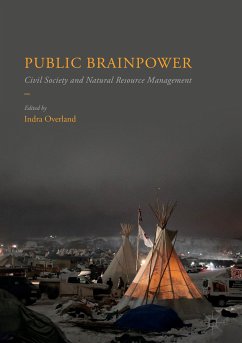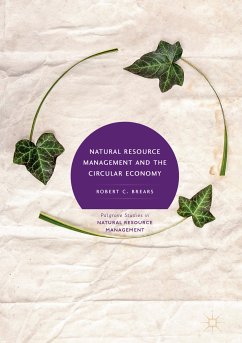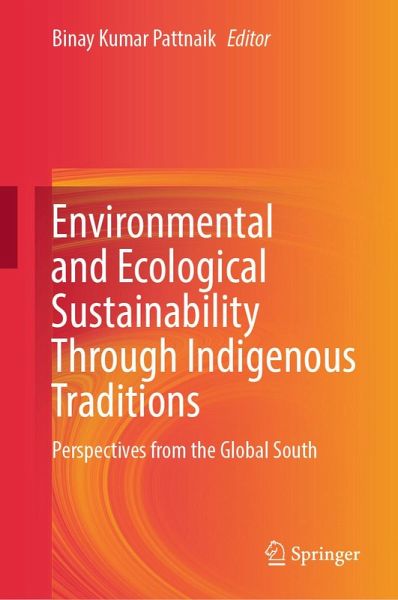
Environmental and Ecological Sustainability Through Indigenous Traditions (eBook, PDF)
Perspectives from the Global South
Redaktion: Pattnaik, Binay Kumar
Versandkostenfrei!
Sofort per Download lieferbar
96,95 €
inkl. MwSt.
Weitere Ausgaben:

PAYBACK Punkte
48 °P sammeln!
This book explores the environmental and ecological wisdom inherent in some of the indigenous traditions of traditional communities from developing societies like, Argentina, Brazil, India, Mexico, Sri Lanka, and Thailand. It throws light on how these discrete and unrecognized traditions have enabled communities to live in harmony with nature for ages. Despite the best efforts of the modern states through policy-making, intensive R&D for eco-friendly technologies and products, social and environmental impact assessment studies (SEIAS), and cost benefit analysis (CBA) of projects, environmental...
This book explores the environmental and ecological wisdom inherent in some of the indigenous traditions of traditional communities from developing societies like, Argentina, Brazil, India, Mexico, Sri Lanka, and Thailand. It throws light on how these discrete and unrecognized traditions have enabled communities to live in harmony with nature for ages. Despite the best efforts of the modern states through policy-making, intensive R&D for eco-friendly technologies and products, social and environmental impact assessment studies (SEIAS), and cost benefit analysis (CBA) of projects, environmental and ecological degradation continues, mostly in developing societies, which house large number of traditional communities. This book explores their traditions consisting of world views or cosmologies, eco-savvy-customs, indigenous knowledge systems involving community-based occupations and practices, skills and crafts, and so on. This book shows that when interpreted in consonance with scientific environmentalism, these traditions reveal their inbuilt environmental wisdom, mirroring sacredness of nature that have instilled built-in conservation practices, are key to sustainability.
The conception of indigenous traditions that subsume environmental and ecological sustainability as well as cultural identity is studied in the book, from the vantage of multi-disciplinary perspectives. This book reflects two streams of thought : (i) stream of social anthropology, arguing for the inbuilt strength of indigenous traditions, that necessitate empathetic understanding with their own rights for recognition and survival, and (ii) stream of indigenous knowledge systems being technically effective only necessitate validation and certification by modern scientific knowledge system for wider use.
The book is of great use to policy-makers and non-government players, in addition to researchers and academicians working in the area of sustainable development and indigenous / traditional communities.
The conception of indigenous traditions that subsume environmental and ecological sustainability as well as cultural identity is studied in the book, from the vantage of multi-disciplinary perspectives. This book reflects two streams of thought : (i) stream of social anthropology, arguing for the inbuilt strength of indigenous traditions, that necessitate empathetic understanding with their own rights for recognition and survival, and (ii) stream of indigenous knowledge systems being technically effective only necessitate validation and certification by modern scientific knowledge system for wider use.
The book is of great use to policy-makers and non-government players, in addition to researchers and academicians working in the area of sustainable development and indigenous / traditional communities.
Dieser Download kann aus rechtlichen Gründen nur mit Rechnungsadresse in A, B, BG, CY, CZ, D, DK, EW, E, FIN, F, GR, HR, H, IRL, I, LT, L, LR, M, NL, PL, P, R, S, SLO, SK ausgeliefert werden.



